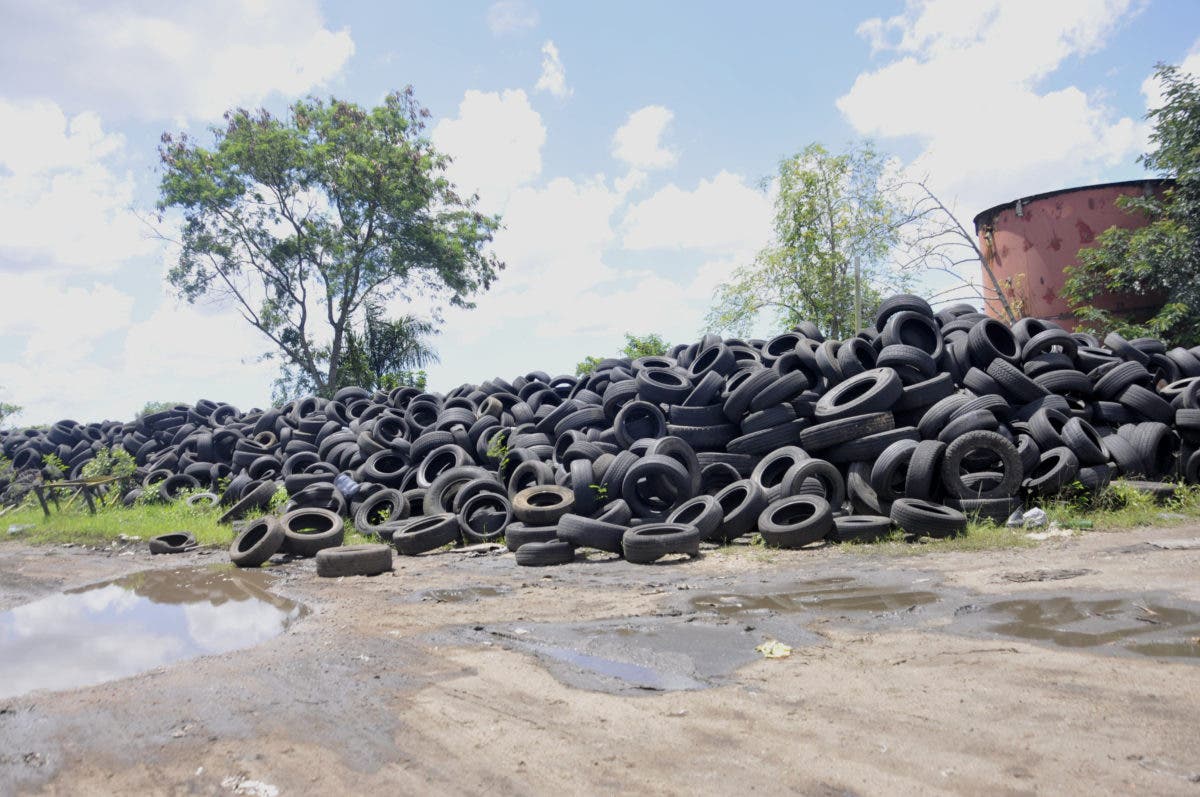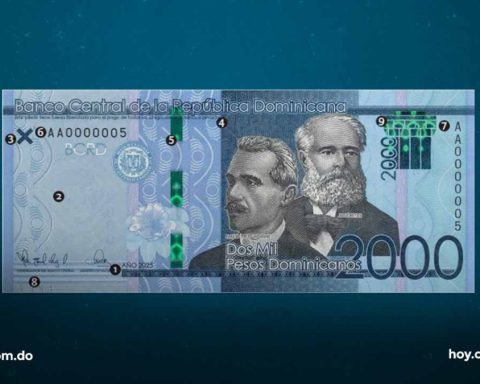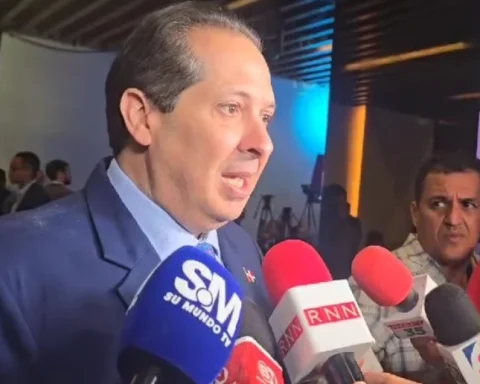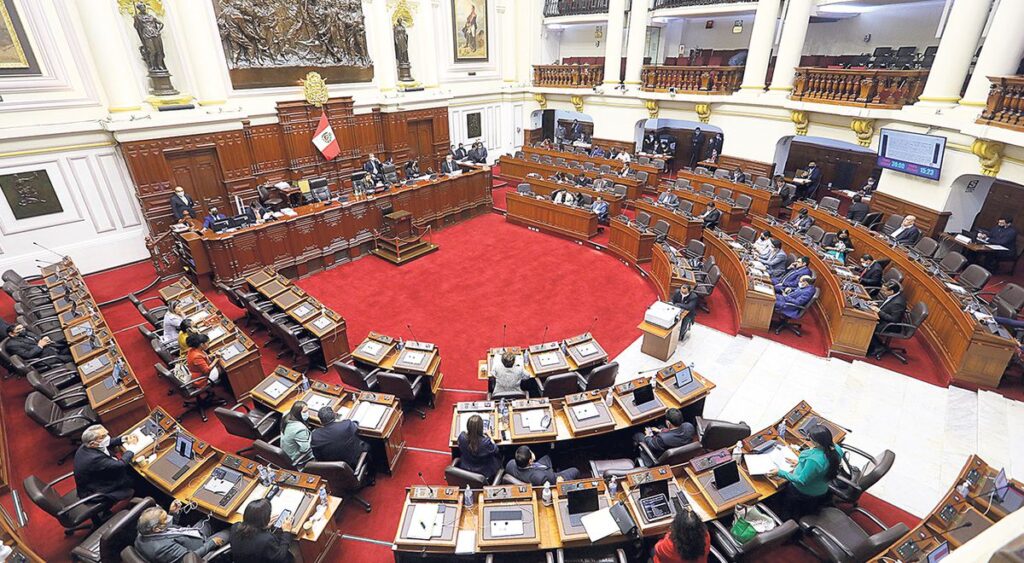The world got sick and now we have to ensure their care. product of the human-generated pollution, Due to population growth and changes in consumption, today it is time to row against global warming.
Promote, at all costs, a production of goods and services with little use of natural resources and reduce the generation of toxic materials and waste, are just some of the ways that the Dominican Republic is forced to travel.
Legislatively, the country has assumed the responsibility of contributing to the environmentto promote the recycling, reduction and reuse of waste, since since last year it has had the Regulations for the Application of Law 225-20 on Comprehensive Management and Co-processing of Solid Waste, but since before the enactment of this law, there has been interest in dealing with the enormous problem of waste, however the actions in some cases, until now, have not materialized.
This can be verified with out-of-use tires (NFU), special handling waste, as cataloged by Law 225-20 in its article number 62, which not only generate an environmental problem, but also a health problem.
The practice of burying them has been rejected worldwide, outdoor storage represents a fire hazard and the proportion of conditions for the spread of diseases, while burning them causes adverse impacts to the environment and health, due to to the compounds that make up the tires and that are released when doing this practice.
Before the enactment of the Law 225-20, in 2015 the Ministry of Environment and Natural Resources approved the Technical Regulation number 005-2015 on the End-of-Life Tire Managementwhich in one of its recitals stated that it was a priority to create disposal mechanisms, controls and good practices, to mitigate the pollution caused by them.
It also indicated that years prior to 2015 the vehicle fleet had grown, which generated the indiscriminate entry into the country of used tires and consequently an uncontrolled increase in out-of-use tires.
For the year 2015, the vehicle fleet amounted to 3,612,964 units, a figure that increased to 5,152,448 units last year, according to statistics from the General Directorate of Internal Taxes (DGII).
Despite the intention, not only of the regulation, but also of initiatives such as Dominican Cleanwhich in 2018 proposed promoting the recycling of this type of waste in conjunction with plastics, the number of out-of-use tires has continued to grow, not only due to the lack of policies by the authorities for this waste, but also due to the lack of regulation of the entrance to the country of tires.
For the year 2017, two years after the promulgation of Regulation 005-2015, 1 million 457,292 used tires were imported from more than 30 countries, a figure that rose to 1 million 467,592 by the year 2020, the start of the covid-19 pandemic , and for last year imported used tires were 1 million 658,643.
Imports in 2018 and 2019 were only slightly less than those imported in the aforementioned years, according to data provided by the General Directorate of Customs (DGA).
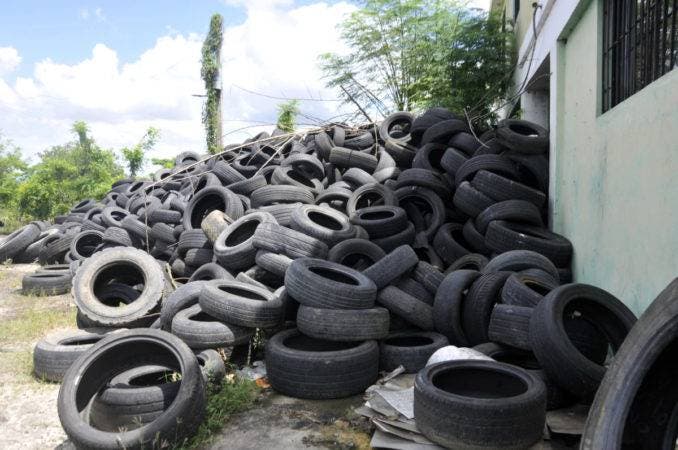
extended liability
With the approval of Law 225-20, out-of-use tires (special waste) are subject to the extended liability regime, that is, producers, importers and marketers will be responsible for the organization and financing of waste, during the production, post-industry and post-consumption phase, but the law also indicates that the extended responsibility of producers, importers and marketers is only applicable to the management of listed waste and not to improper management carried out by third parties.
Despite the fact that Law 225-20 mandates the start of working with this type of waste, due to what it represents for the environment and health, it is necessary, as specified in the regulations, to define and approve the National Plan and specific waste plans.
This knowing that the Law was published in 2020 and its application regulations a year later.
“A specific national plan will be carried out for each priority waste based on the amount of generation, danger or difficulty of handling”, indicates the law in paragraph one of article 58.
To read more: Urbanization, pollution and erosion take away the soil
As reported for this work from the Ministry of the Environment, out-of-use tires must be treated within the National Solid Waste Plan (RES), which would have the support of the German Society for International Cooperation (GIZ), the project Promar and Caribe Circular.
In the Dominican Clean project, from the past government, the landfills of the country would be intervened, to achieve a greater integration of solid waste, but the project would, above all, carry guidance for the management of garbage, not tires out of use specifically.
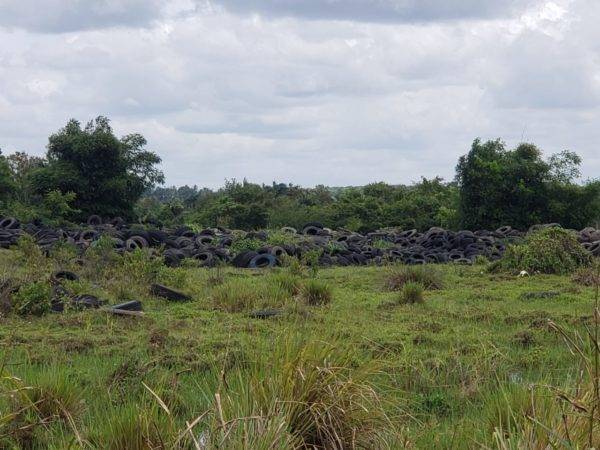
Even though the public-private trust announced in December of last year by the President Luis Abinader In order to face the problem of waste, it is pointed out that tire recycling will be promoted, the project places more emphasis on solving the problem of solid waste in the main tourist centers of the country and in urban areas with a high population density outside of Santo Domingo and the National District.
This project would be executed between this year and the next with some 20 initiatives presented.
private part
There are private companies in the country that are dedicated to recycling waste to be reused, but very few of these directly recycle out-of-use tires.
For example, the company Cemex República Dominicana, around 5% of the fuel used in its production process comes from the co-processing of shredded tires.
While a degradation plant, located in Palmarejo, Los Alcarrizos municipality, converts out-of-use tires into alternative fuels.
